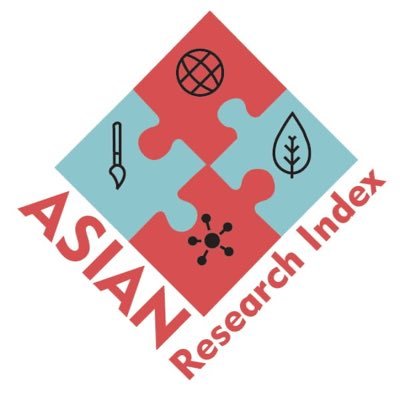EXCHANGE MARRIAGES IN PAKISTAN: SOCIAL AND ISLAMIC VIEWPOINTS
Muhammad Sultan Shah / Ayesha Farooq
Abstract
The paper aims at developing an understanding of prevalent customary form of marriages in many parts of the world including Muslim societies such as Pakistan. This form of marital union is prevalent in South Asian countries and underdeveloped parts of the world with certain notions attached. These are discussed in the light of various sociological factors and Islamic context. It is being observed that the practice is mostly found in the countries where women are underprivileged and provisions of law do not support females in general; lack of implementation is another issue, particularly in case of marital discord. Consent of the partners is often not ensured and decisions are usually in the hands of elders of the family. Victimization, estrangement, insecurity and suffering of children are some of the negative implications of these marriages. This social practice contradicts with the spirit of Islam where consent of the partners is a mandatory aspect. Islamic teachings discourage such marital unions and guide that there should not be any compulsion imposed on the couple to be married; will of the partners is an essential condition. Dowry and dower should not be conditional factor to be associated with sustenance and dissolution of marriage. Therefore, it is concluded that people are more concerned about the societal factors rather than religious guidelines regarding this phenomenon.



.png)




